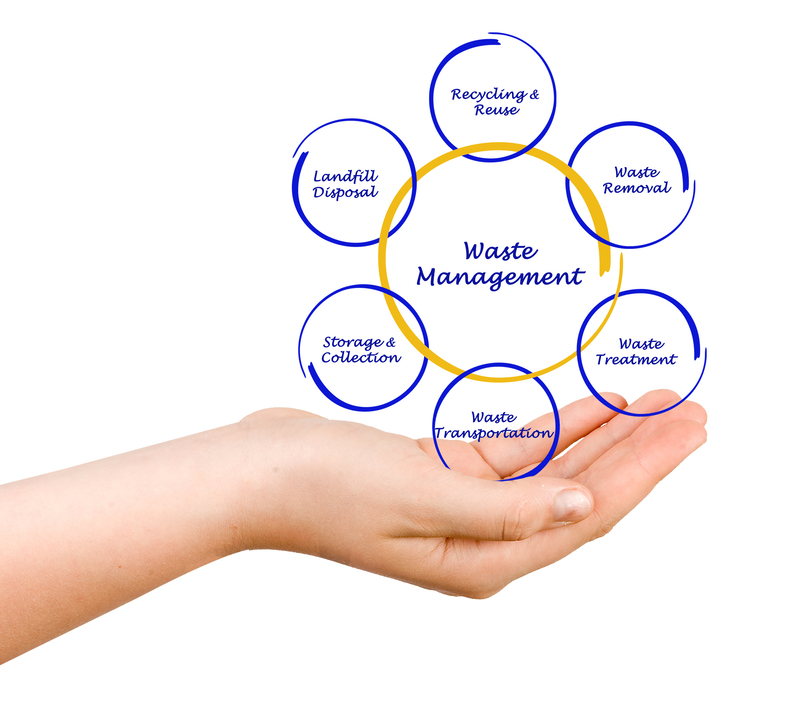Incorrect waste disposal habits have far-reaching impacts on our environment, and understanding these effects is essential for promoting sustainable practices. With growing global waste production, it becomes critical to assess and address the environmental consequences of improper waste management.
Understanding Incorrect Waste Disposal
Incorrect or improper waste disposal refers to the mishandling of waste materials, which include solid waste, e-waste, and hazardous materials, in ways that lead to environmental degradation. These practices often involve dumping waste in landfills, littering in unauthorized areas, or failing to recycle when possible.

The Role of Human Behavior
The primary driving force behind incorrect waste disposal practices is human behavior. Many people are unaware of the significant impact improper waste disposal can have. From negligence to lack of information, various reasons contribute to these behaviors, resulting in numerous environmental challenges.
The Environmental Consequences of Improper Waste Disposal
Improper waste disposal has severe ecological ramifications, affecting ecosystems, wildlife, and human health. Below, we delve into some of the major impacts:
1. Soil Contamination
- The infiltration of toxic chemicals and non-biodegradable substances into the ground can lead to diminished soil fertility.
- These harmful materials can harm plant life and reduce agricultural productivity over time.
2. Water Pollution
- Marine environments are significantly affected by improper waste disposal, as misplaced industrial and domestic wastes make their way into waterways.
- Water pollution disrupts aquatic ecosystems and is responsible for the death of countless marine species.
3. Air Pollution
The burning of waste materials, including plastics, can release harmful toxins into the atmosphere, contributing to air pollution and respiratory problems in humans. This practice not only poses health risks but also exacerbates climate change by increasing greenhouse gas emissions.
Impact on Wildlife and Biodiversity
Wildlife is one of the most visible victims of improper waste disposal. Animals often mistake waste for food, leading to ingestion of harmful materials such as plastics. This can cause internal injuries, malnutrition, and even death.
Loss of Biodiversity
Incorrect waste disposal disrupts natural habitats and results in a loss of biodiversity. Species dependent on clean environments are unable to survive in polluted conditions, leading to a decline in biodiversity.
Human Health Hazards
Improper waste disposal doesn't merely affect the environment; it also poses significant risks to human health. Exposure to toxic waste can lead to several health problems, ranging from mild allergies to severe diseases like cancer.
Diseases from Contaminated Water
Water contaminated with waste materials can cause diseases such as cholera, dysentery, and hepatitis. It particularly affects impoverished communities lacking access to potable water sources.
Airborne Diseases
- Burning waste produces pollutants that can trigger respiratory illnesses like asthma or bronchitis.
- The increase in airborne toxins correlates with rising cases of lung diseases.

Steps Towards Correct Waste Disposal
Solving these ecological challenges requires collective action among individuals, communities, and governments. Here are some essential steps:
Advocacy for Recycling and Reuse
- Promoting recycling and reusing materials can substantially reduce waste levels.
- Communities should establish easily accessible recycling centers and programs.
Government Regulations and Incentives
Governments have a critical role in formulating effective waste management policies. Enforcing stricter regulations and offering incentives can motivate individuals and businesses to engage in sustainable waste disposal practices.
Education and Awareness
Increasing public awareness about the ecological impacts of improper waste disposal is paramount. Campaigns and educational programs can encourage communities to adopt eco-friendly habits.
Conclusion
Understanding the ecological cost of incorrect waste disposal habits is essential for promoting change. By adopting sustainable practices, enforcing regulations, and enhancing educational initiatives, we can collectively work towards a healthier planet. Small, intentional actions in daily waste management can significantly impact our environment for the better, ensuring a sustainable future for generations to come.